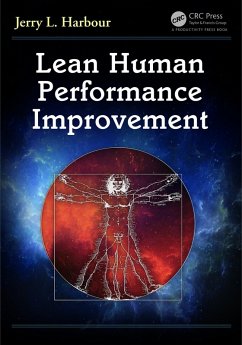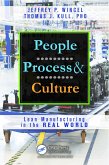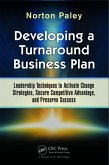For the first time in history, four distinct and very different generations are working together. Generational conflict is one of the last bastions of acceptable discrimination in today's workplace. Each generation has different beliefs, expectations, values, learning styles, and desires. These result in a strong tendency for them to adopt different work habits. Managing employees of several generations is not an easy task, but it is the reality of the business world today. The creation of a culture and coordinating programs that foster communication and collaboration between all of the generations present in the workforce will help to alleviate the difficulties managers may encounter. In order to truly create a cohesive workplace, managers must encourage employees to view generational difference as a valuable strength rather than a weakness. Based on rigorous academic research, Managing the Multi-Generational Workforce identifies the characteristics of the different generations, considers their expectations and values, and how these influence the way they relate to each other. The authors then examine implications for organizational culture and structures, recruitment and retention tactics, training, and management styles and approaches. This book actually tackles the issue of properly integrating the newest generation - the 'Millennials', into the workforce and challenges the unrealistic belief that all that needs to happen is for younger generations to be 'changed' to conform to workforce norms. As younger generations enter the workforce, and eventually dominate it, workforce norms will change. Any firm or manager competing in today's war for top talent will find this book indispensable.
Dieser Download kann aus rechtlichen Gründen nur mit Rechnungsadresse in A, B, BG, CY, CZ, D, DK, EW, E, FIN, F, GR, HR, H, IRL, I, LT, L, LR, M, NL, PL, P, R, S, SLO, SK ausgeliefert werden.









